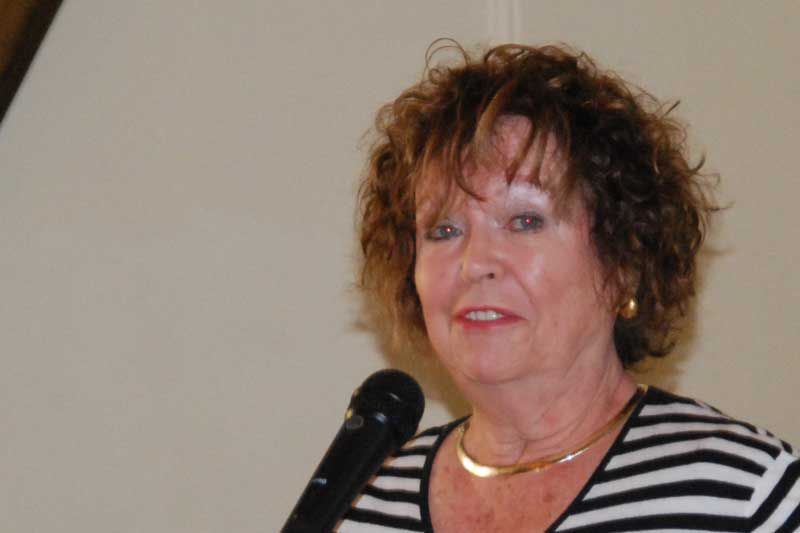Jeff Green | Oct 03, 2013
The Community Foundation of Kingston and Area (CFKA), in conjunction with community foundations from across the country, has prepared reports on the well being of Kingston and Frontenac County residents each year for the past five years.
This year, the CFKA has partnered with KFL&A (Kingston Frontenac Lennox and Addington) Public Health to prepare a survey of residents in the region. The survey was designed to determine where the region stand in terms of the well-being of the residents. For the purposes of the resulting report, titled Vital Signs, well-being is defined as “the presence of the highest possible quality of life in its full breadth of expression, focused on but not necessarily exclusive to, eight interconnected categories”.
Those categories are: community vitality, democratic engagement, education, environment, healthy populations, leisure and culture, living standard, and time use.
The Vital Signs report for 2013 was released at an event in Kingston on Tuesday, October 1
Among its highlights are the assertion that 94% (plus or minus 3%) of KFL&A residents say they are “satisfied” or “very satisfied” with their quality of life.
Among the other aspects of the results that contributed to that overall rating, almost 70% of KFL&A residents who responded to the survey feel that their current job adequately reflects their education and training. A majority agree that the quality of the natural environment is high. Over 90% would check up on their neighbours in an emergency; 90% feel that "getting out with friends" is the most important social activity; and almost 80% feel relatively safe when walking alone in their neighbourhood at night.
There are also a number of negative results, areas where things seem to be getting worse in the region rather than better.
Almost one in three of our young children are not developmentally ready for school by age 6. A size-able percentage of those in the workforce are struggling to balance work and non-work activities. Voter turnout is down in all levels of elections. Fewer than 20% of respondents (by age group) reported membership or participation in public interest groups serving the community within the last 12 months.
In presenting the report to the public, both Florence Campbell, one of the project leads from the CFKA, and Dr. Kieran Moore from KFL&A Public Health, focused on some of the areas of concern and talked about potential initiatives to address those concerns.
These proposals were included in a press release that accompanies the release of the report.
“As communities we have done well setting community standards on smoking by adopting healthy public policy such as prohibiting smoking in enclosed public places. We have other threats to community health that may benefit from the lessons learned from tobacco control. Too many are obese or overweight. Too many are not physically active. If we do not address these issues we will have higher rates of diabetes, arthritis and cardiovascular disease and hence health care costs. Our community partners have made significant strides to improve bicycle lanes and walking trails in our area. We must continue this work to make the healthy choice the first choice for our community whether it relates to food or being active,” said the release.
Other aspects of the report that are of interest is the fact that while the crime rate in Kingston is at the national average, the rate of sexual assault, 97 per 100,000 residents is 1/3 higher than the national average, which is 63.
People have difficulty, particularly those in the 25-44 age group, finding time to do everything they want to do, including sleep. Only 25% of respondents said they get enough. As well 22% of those in the same age group said that at some point in the last year they ate less because they were short of money for food.
More Stories
- Dry Conditions Spark Fires in Fields and Forests
- 143rd Maberly Fair
- Local Seniors Medal at OSGA 55+ Provincial Games
- Seventh Town Serenades Sharbot Lake
- Brass Point Bridge Closure Leaves Commuters Behind
- Wild Art Walk Call For Submissions
- Three Dwelling Limit Coming For Lots in North Frontenac
- Wildfire in the 1000 block of Rutledge Road - Township Says Fire Now "Under Control"
- Verona and Sydenham Ballpayers Win National Championship With Kingston Colts
- Sweet Music and Some hard Truths At Blue Skies MusicFestival

